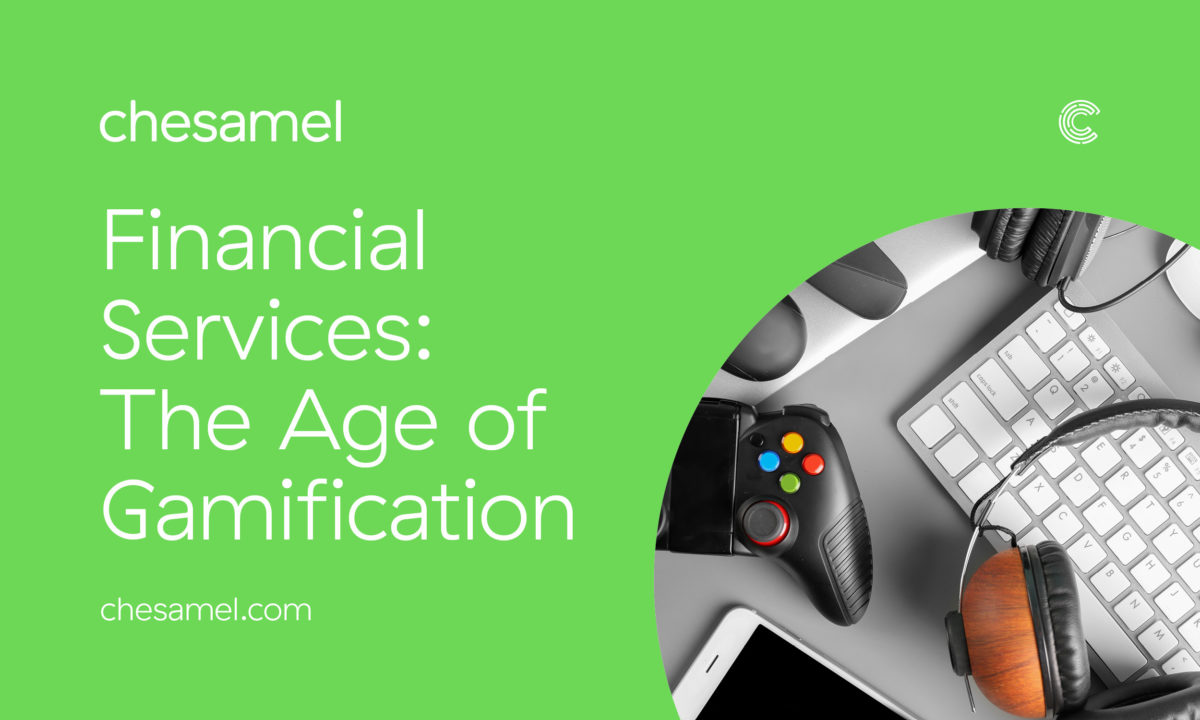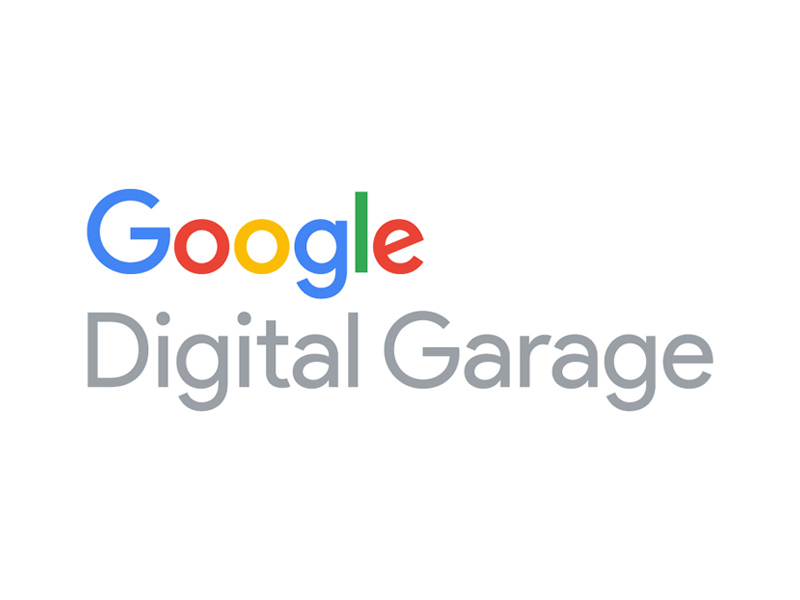Growing a business and aiding in the growth of other’s businesses through the means of marketing assistance (among other things), relies on being acutely tuned to the shifts, trends and predictions of the marketing landscape as it evolves.
Through the advancement of technology, the demands of younger generations and changing social focuses and awarenesses, marketing, in all its forms has transformed at an accelerated pace already over recent years; this has brought opportunity but unavoidably negative impacts too, from which we can learn and course-correct. Knowledge is power, it allows for planning and preparation, so we’re asking – ‘where is marketing headed in the next 2, 5, 10 or more years?’.
We anticipate that rather than ‘changes’ the industry will see marketing shift as follows:
- Digital content marketing will continue to grow and develop aligning with the continual evolution of Search.
- An increased use of Big Data to analyse consumer habits and fulfil their needs and demands.
- An increased and developed use of AI to personalise this content.
- The focus of marketing teams will shift even more heavily to the satisfaction and retention of the customer.
- Consumers will look for more value in the relationships they maintain with brands.
A Smart Insights’ report into trends growing throughout 2019 highlighted that the most highly anticipated areas of growth and importance, in answer to the question “Please give the digital marketing technique which you hope will give the biggest commercial uplift in 2019.” were: Content Marketing, AI and ML, Marketing Automation and Email Marketing, and Big Data. These answers took the lion’s share of the 16 answers given, all with over 14%. None of those given are brand new introductions to the conversation, however, it is interesting to note that over their years of analysis the number one – ‘Content Marketing’ has ranked highly for some years already.

We would surmise that the growth of certain areas of marketing will impact each other and evolve together, one enhancing another.
For example, content marketing will continue to grow in importance, including in this the use of SEO, following the growth of Google and Search overall through the use of Alexa and Siri home systems and mobile; this tech will allow the collection of Big Data to inform marketing decisions, including digital content marketing, and AI can be used to communicate more personally with audiences.
The increased use of voice searches via the smart speakers in our homes are another tool who uses will increase and aid the development of other marketing forms. They can provide an increased level of data from consumers around their search preferences and histories and demands. While this is more or less an integrated, accepted and already adapted feature in133 million homes globally, the use of both the data and customer service that they can provide is still really in its infancy.
A study in Australia and New Zeland from Marketo ‘Marketing 2025: The future of skills and technology in marketing across Australia and New Zealand’, focused more on the skills which were predicted to be in higher demand and dictate the shifts in marketing. From their study, it was identified that machine learning, sophisticated analytics, and neuromarketing were the top skills which 2025 marketing teams would be searching for.
Between 22% and 31% of small to large businesses asked noted customer lifetime value as a top priority for 2025, with consumer retention following as a close second. This shows the value given to retaining the customers and fulfilling customer satisfaction, which in itself will change the ways in which businesses choose to connect with and market to their customers.












